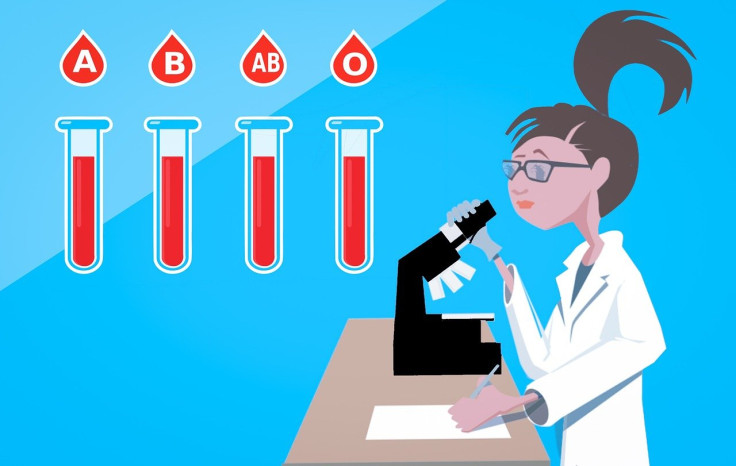People With This Blood Group May Be More Prone To Contracting COVID-19

Does your blood group play a role in predisposing you to COVID-19? According to a study, it does.
Although the idea that individuals with blood group A are at an elevated risk of catching the deadly virus emerged quite early in the pandemic, scientists lacked evidence to confirm anything at that time. However, the new study, published Tuesday in the journal Blood, seemed to confirm the notion.
The new research suggested that individuals with the typical blood type are 20-30% more likely to contract COVID. The A blood group demographic, which constitutes one-third of the entire U.S. population, surpasses those with Type O blood (nearly half of Americans) in that aspect, Dr. Sean Stowell, associate professor of pathology at Harvard Medical School and lead author on the study, told Fortune.
Having blood group A is an added disadvantage for those having other underlying issues that attract COVID. Notwithstanding factors such as impaired immunity, diabetes, obesity, or other health conditions that can put a person at higher risk, type A blood is more prone to contract the pathogen from a COVID-infected person than a type O, Stowell said.
There is a vast body of evidence indicating that the relationship between blood type and COVID-19 is still evolving, with the majority of studies establishing a connection between heightened COVID-19 risk and blood groups A and AB, while group O has been deemed less susceptible.
The initial studies triggered a trail of other research that confirmed the link positively.
But then there were contradictions too. For example, in a study published in the Journal of the American Medical Association in April 2021, researchers examined around 108,000 COVID-19 cases. They concluded there was no evidence of a connection between blood type and the risk of contracting COVID-19. However, researchers had hoped that future studies will likely be able to find a connection.
It is certain that anyone, and perhaps everyone, is susceptible to the virus. In fact, most Americans have likely been infected with the virus at some point, even if they are not aware of it. This information comes from data collected by U.S. public health officials, who analyze COVID antibodies in people's blood samples obtained from commercial labs, focusing on those who were infected rather than those who were vaccinated.
Even though the pandemic has been declared over, it doesn't mean we can overlook the relevance of the research on the connection between blood type and COVID-19. The virus is still circulating at significant levels, and there's a possibility of it evolving into more dangerous variants. Understanding how blood type affects susceptibility can provide valuable insights into the virus's behavior and help us develop better prevention and treatment approaches.



























